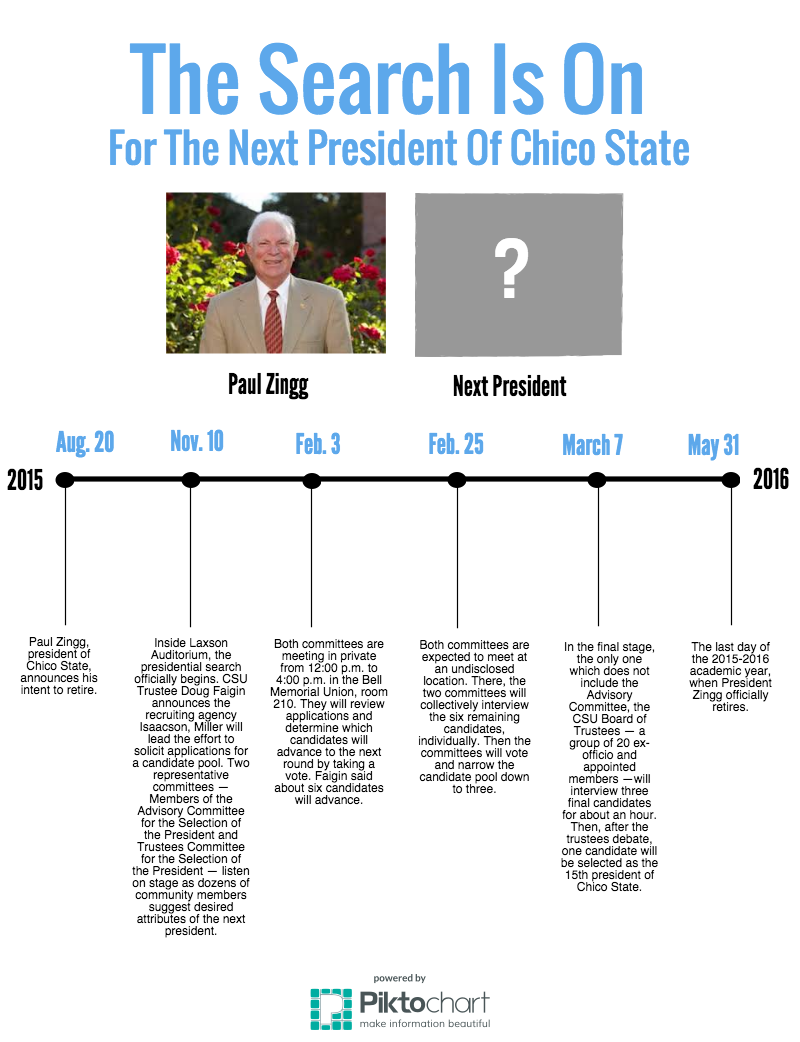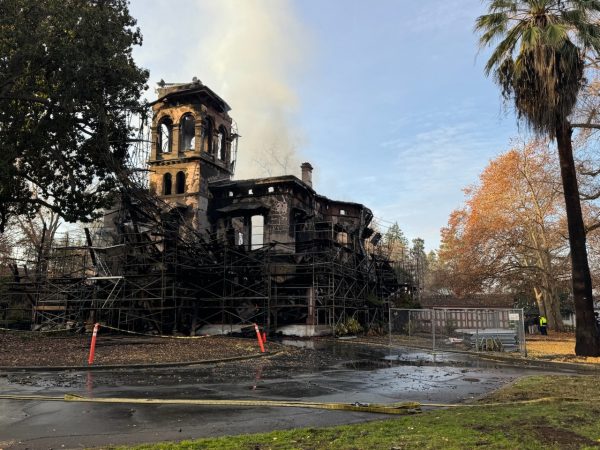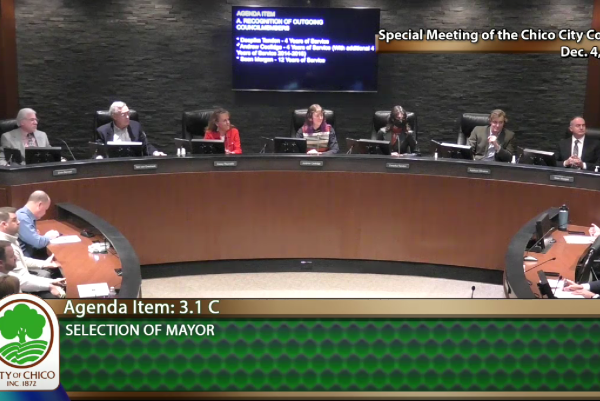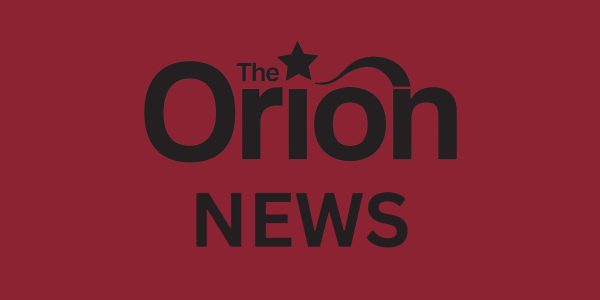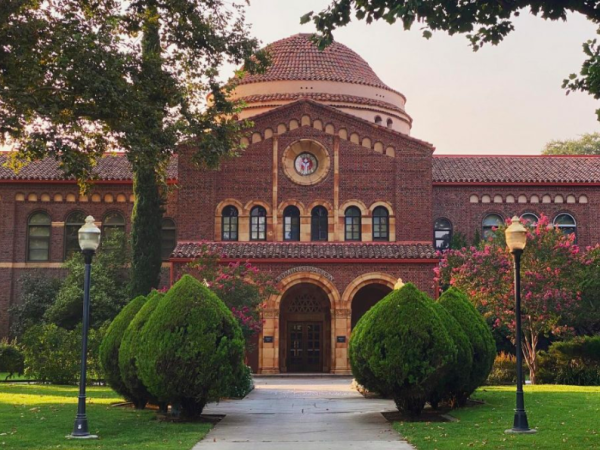Presidential search ends this semester
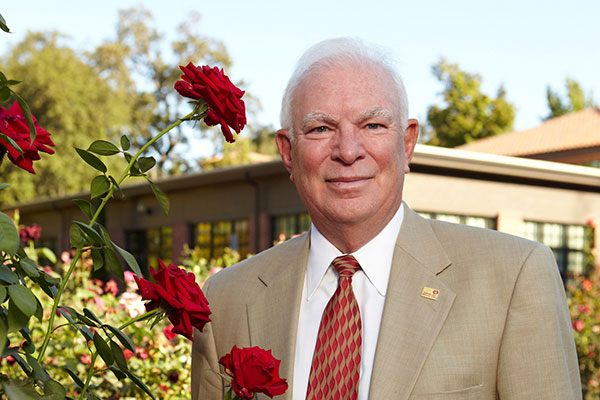
President Zingg is set to retire at the end of the spring semester. Photo courtesy of Chico State
Correction: An earlier version of this story indicated a new president was selected on March 31 and President Zingg retired on August 22. The dates have been corrected.
When President Paul Zingg announced his retirement plans last August, the septuagenarian had already occupied the highest office on campus for more than 4,000 days. He had already written a dozen books and held a number of teaching positions. In a career spanning 45 years, he had completed stints as a history instructor in Georgia, a liberal arts dean in Pennsylvania and a professor, provost and vice president in San Luis Obispo.
But somehow the career academic was not immune to matters of the heart.
In his announcement he cited health concerns as one reason for his decision to leave.
Five months earlier, Zingg underwent heart bypass surgery. Soon after that, Rollin Richmond, the retired president of Humboldt State, assumed Zingg’s executive post.
Months later, Zingg returned amid criticism from the California Faculty Association for receiving a pay increase. Zingg said the observation was fair, considering how faculty had not received a raise in years, according to the Chico News & Review.
Then in November — after furor over his departure had subsided — an open forum was held in Laxson Auditorium to determine which attributes community members desired in the next president of Chico State.
Dozens of audience members gave suggestions while a 22-member panel listened. The panel was comprised of two committees, officials from the CSU Chancellor’s Office and a recruiting agency called Isaacson, Miller.
The recruiting agency was hired to find candidates. The two committees are responsible for whittling down the pool of candidates. The CSU Board of Trustees — a group of 20 ex officio and appointed members — will then interview three final candidates in March 2016.
Finally, one of those candidates will be selected as the next president of Chico State.
A confidential search defined
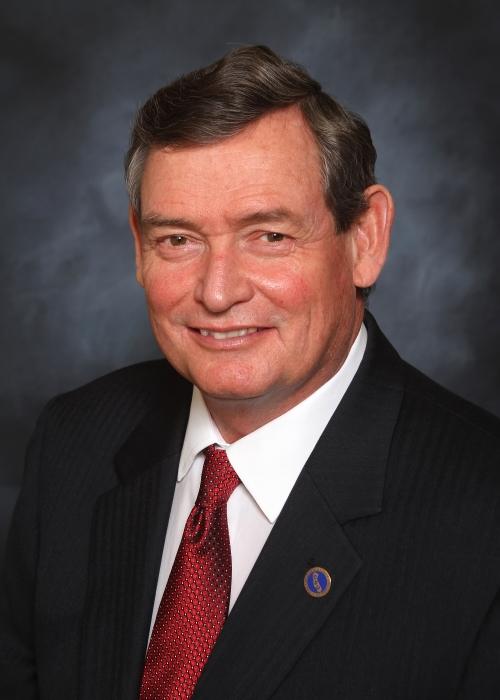
A confidential search means the next president will be selected in private. In 2011, the California State University Board of Trustees adopted a new policy that gives candidates the right to remain free from public scrutiny. Under the policy, candidates never have to meet with campus community members in the initial stages of the vetting process unless they want to. CSU Chancellor Timothy White said this keeps the candidate pool strong and guards candidates from jeopardizing relationships in their current academic positions. In other words, this policy allows candidates to shop around without getting caught.
Others have said the secrecy sends the wrong message and shows that a candidate does not value transparency. Some campus community members who disagree with a confidential search include:
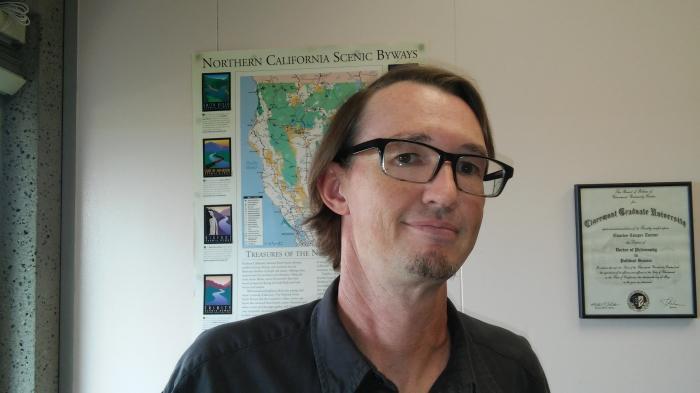
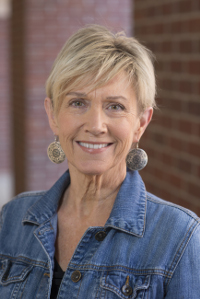
Gabriel Sandoval can be reached at [email protected] or @GLuisSandoval on Twitter.



